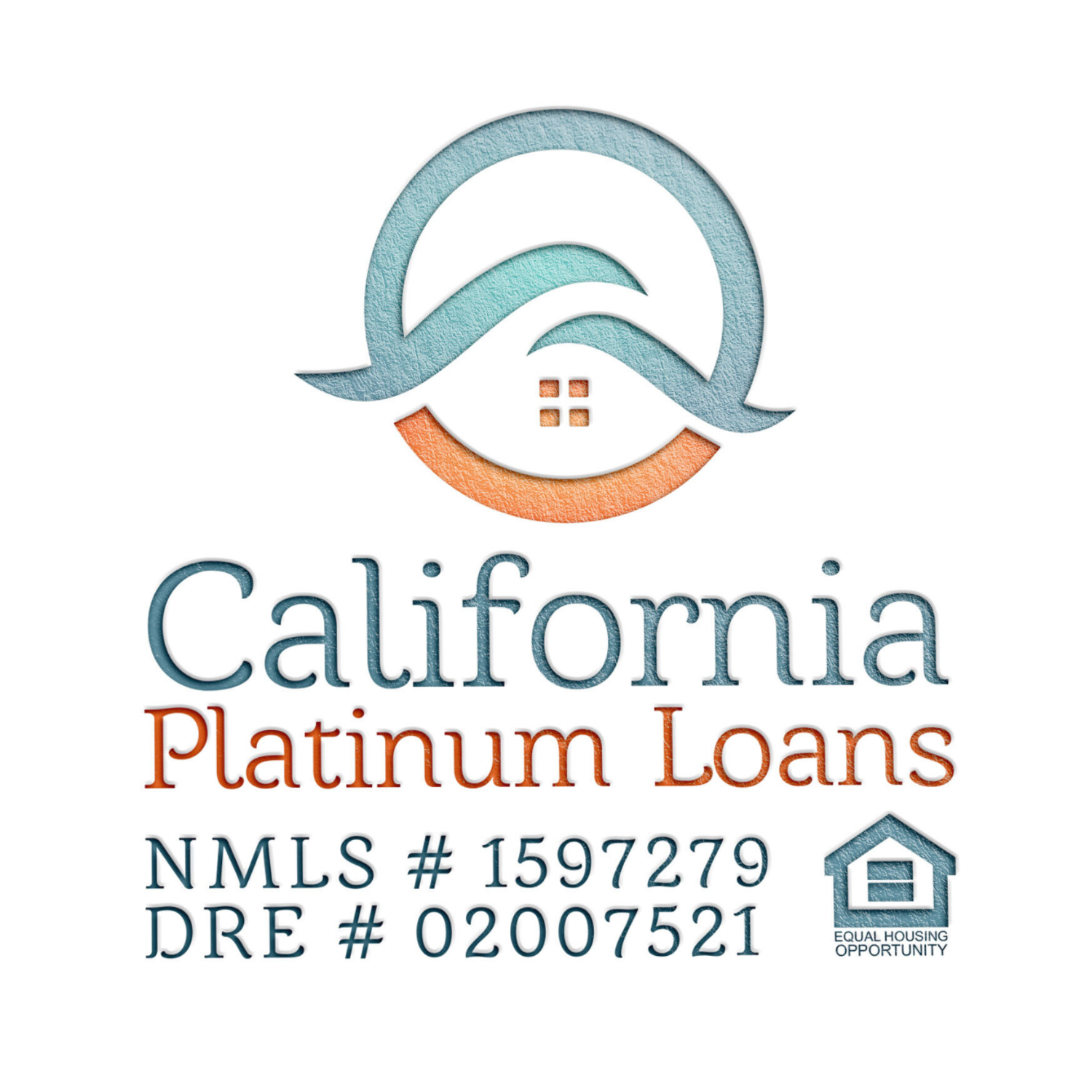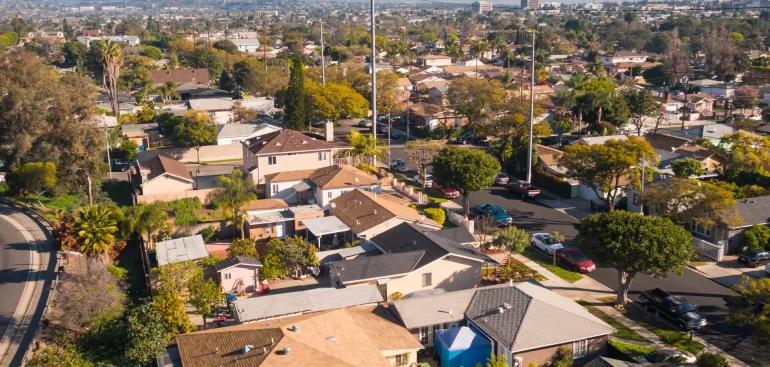A HECM loan is a “home equity conversion mortgage.” This is a government-insured mortgage that is only available for homeowners who are age 62 or older.
HECM loans are insured by the Federal Housing Administration (FHA). FHA-approved lenders only offer them.
HECM loans are reverse mortgages. They allow older homeowners to withdraw a portion of their home’s equity for living expenses or other needs.
How Are HECM Loans Different From Other Reverse Mortgages?
HECM loans are government-insured. Other reverse mortgages aren’t.
HECM loans also include protections for borrowers. They also have requirements for borrowers that other reverse mortgages don’t. Borrowers for HECM loans need to be:
- 62 years old or older
- Own their property outright (or paid down a lot of equity)
- Live in the home as a primary residence
- Not have any federal debt (like unpaid income tax)
- Be able to pay property tax
What Are Other Requirements For HECM Loans?
HECM loans need to meet all flood requirements and FHA property standards. Only single-family homes or 2-4 unit properties can qualify.
If you have a condo, it needs to qualify for HUD approval for the loan. Condo units also need to meet FHA single-unit approval standards. Some manufactured homes may also qualify for a HECM loan, as long as the home meets FHA standards.
How Does The HECM Loan Pay The Borrower?
As a reverse mortgage, the HECM loan pays income to the borrower. There are five options for how the funds from the loan can be paid or used:
- Equal monthly payments: as long as one borrower is alive.
- Term payments: equal monthly payments for a fixed term.
- Line of credit: unscheduled payments, made on request of the borrower.
- Modified tenure: a combination of equal monthly payments and a line of credit as long as one borrower is alive.
- Modified term: A combination of equal monthly payments and a line of credit for a fixed term.
HECM mortgages can help older homeowners to stay in their homes and live comfortably. You need to complete a HUD-approved counseling course to receive the loan. If you are looking into reverse mortgages, contact California Platinum Loans to speak with their qualified, experienced staff. They can explain how this FHA-insured mortgage program works in detail.
Sources: U.S. Department of Housing & Urban Development, “How the HECM Program Works,” URL:




